Home » Haemorrhoids (Piles)
Haemorrhoids (Piles)

Dr Thng Yongxian
Hepatopancreatobiliary & General Surgeon
MBBS • MMed • MRCS (IRE) • FRCSED • FAMS
What Are Haemorrhoids?
Haemorrhoids, commonly known as piles, are swollen veins located around the lower rectum or anus. They can develop internally, within the rectum, or externally, under the skin around the anus.
Haemorrhoids are a common condition, affecting millions of people worldwide. While they can cause discomfort, they are generally not life-threatening.
Types of Haemorrhoids
Haemorrhoids are classified into two main types based on their location.
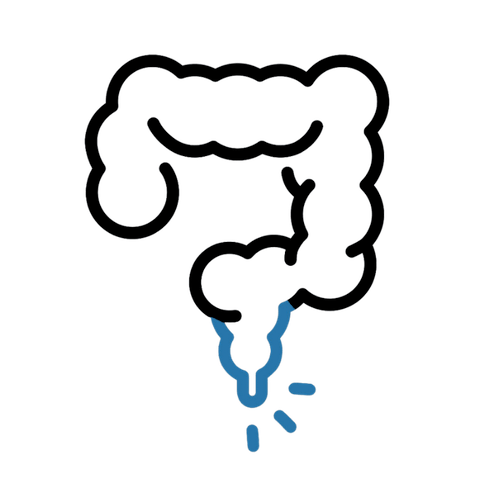
Internal Haemorrhoids
Internal haemorrhoids develop inside the rectum and are not visible from the outside. They are further classified into four grades:
- Grade I: Haemorrhoids that bleed but do not prolapse outside the anal canal.
- Grade II: Haemorrhoids that prolapse during a bowel movement but retract spontaneously.
- Grade III: Haemorrhoids that prolapse during a bowel movement and require manual repositioning.
- Grade IV: Haemorrhoids that are prolapsed and cannot be manually repositioned.
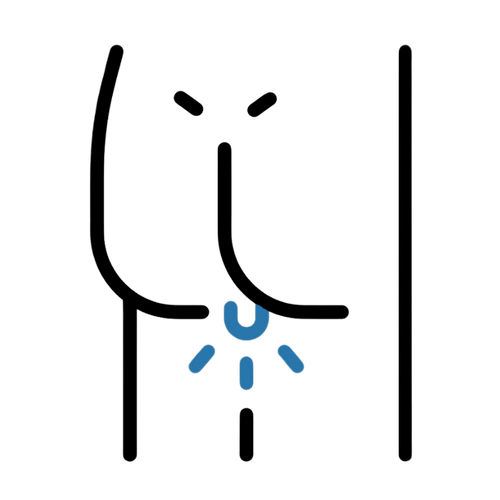
External Haemorrhoids
External haemorrhoids form under the skin around the anus and are visible and can be felt. They can cause significant pain and discomfort, as the skin around the anus is particularly sensitive.
In some cases, people may experience both internal and external haemorrhoids simultaneously, a condition referred to as mixed haemorrhoids.
Causes
The development of haemorrhoids is often caused by increased pressure in the lower rectum, which can be due to reasons such as:
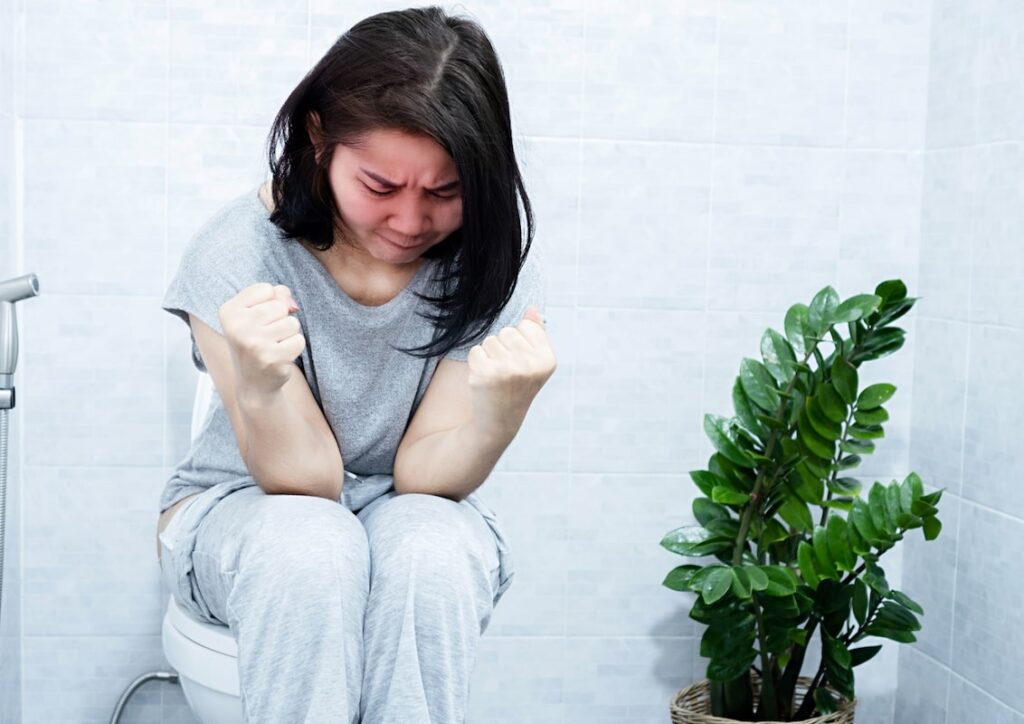
Straining during bowel movements
This is one of the most common causes. Straining puts additional pressure on the veins in the rectum, leading to haemorrhoids.
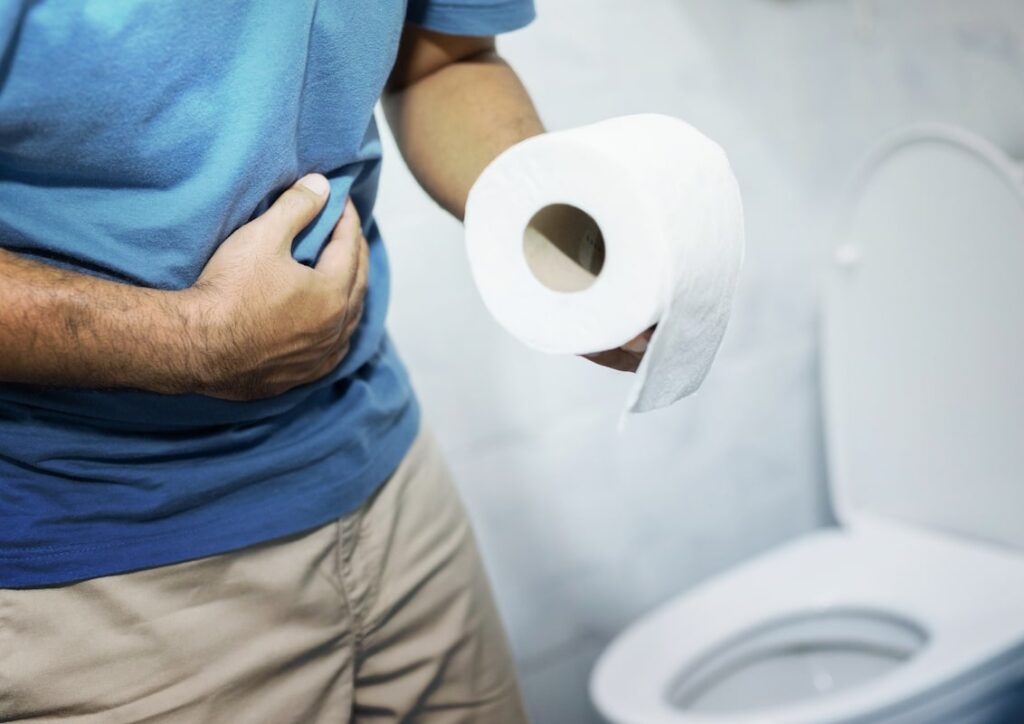
Chronic constipation or diarrhoea
Regularly experiencing constipation or diarrhoea can lead to straining during bowel movements, which increases the risk of haemorrhoids.

Pregnancy
The weight of the foetus on the abdomen increases pressure in the pelvic region and could cause haemorrhoids. Additionally, the straining during childbirth can exacerbate the condition.

Obesity
Excess body weight can increase pressure in the pelvic area, contributing to the development of haemorrhoids.
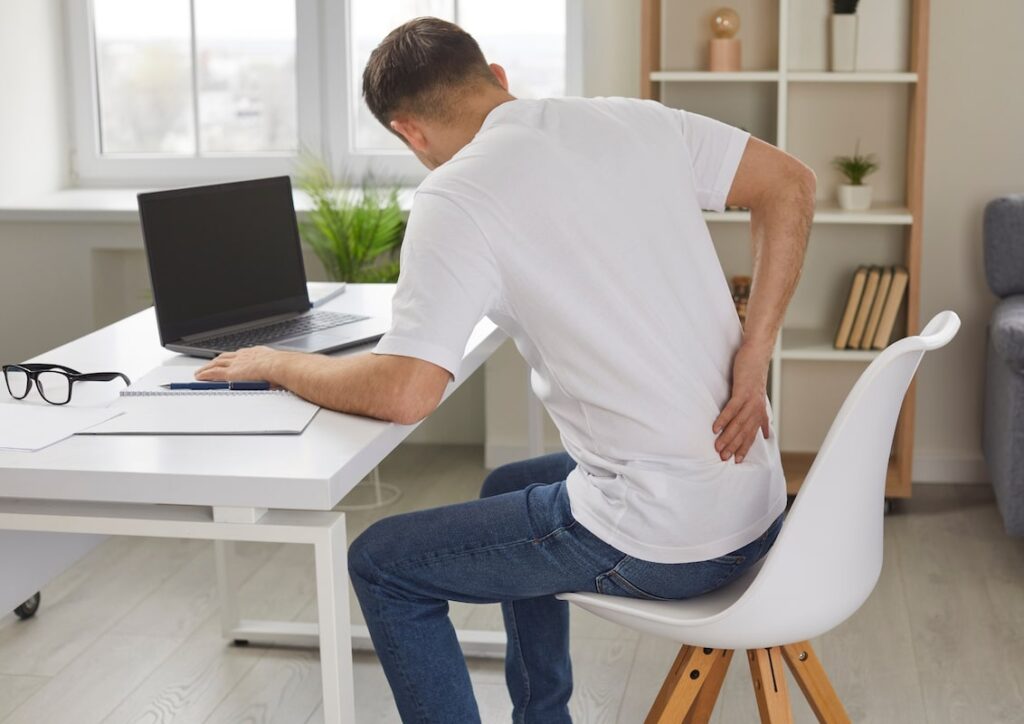
Prolonged sitting
Sitting for extended periods, especially on the toilet, can increase pressure on the veins in the rectum and anus.
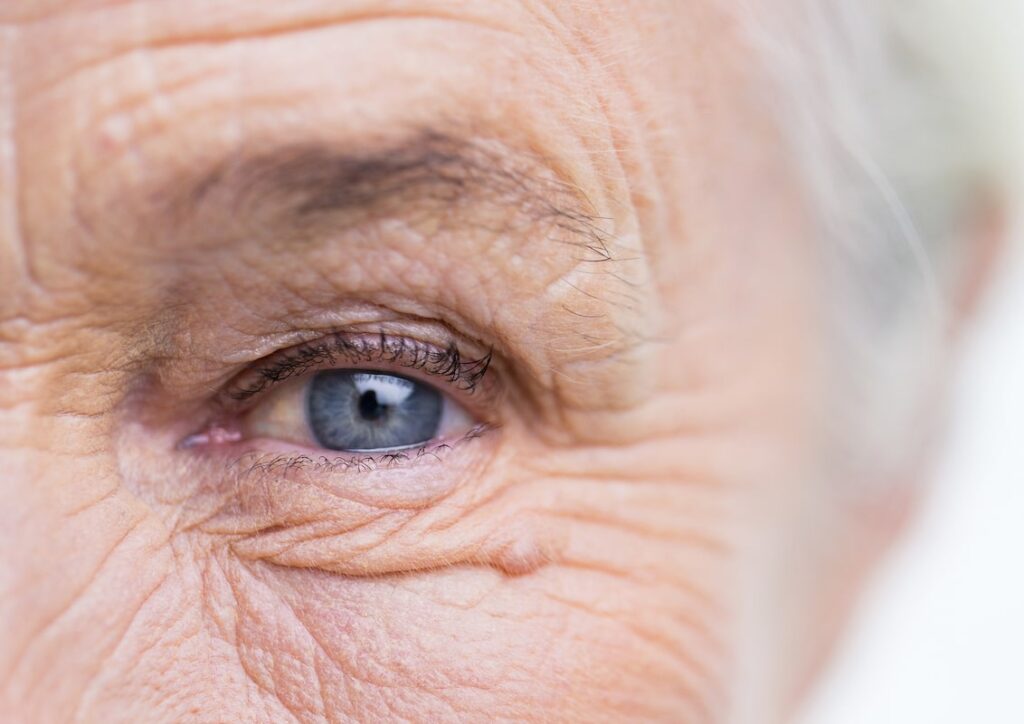
Ageing
The tissues that support the veins in the rectum and anus can weaken and stretch with ageing, leading to haemorrhoids.
Symptoms
The symptoms of haemorrhoids can vary. Some people may not experience any symptoms, especially with internal haemorrhoids. When symptoms do occur, they may include:
- Bleeding during bowel movements: The bleeding is usually painless and can be seen as bright red blood on toilet paper or in the toilet bowl.
- Pain and discomfort: While internal haemorrhoids are typically painless, they can become painful if they prolapse and are squeezed by the anal muscles. External haemorrhoids, especially when thrombosed, can cause significant pain and discomfort.
- Itching or irritation: The area around the anus may become itchy or irritated due to the presence of external haemorrhoids or from the mucus secreted by internal haemorrhoids.
- Swelling around the anus: External haemorrhoids can cause noticeable swelling or lumps around the anus, which can be sensitive or painful to touch.
Diagnosing Haemorrhoids
Diagnosing haemorrhoids usually involves the following processes:

Physical Examination
A doctor may visually inspect the anal region for external haemorrhoids. For internal haemorrhoids, a digital rectal examination (DRE) is performed, where the doctor uses a lubricated, gloved finger to feel for abnormalities inside the rectum.

Anoscopy
A small, tube-like instrument is inserted into the anus to inspect the anal canal and rectum, providing a clear view of internal haemorrhoids.

Proctoscopy
Similar to an anoscopy, this procedure uses a slightly longer instrument to examine deeper into the rectum.

Colonoscopy
If there’s concern about gastrointestinal bleeding or the need to rule out other conditions like colorectal cancer, a colonoscopy may be recommended.
Get an Accurate Diagnosis & Specialised Treatment For Your Condition Today
Consult our dual fellowship-trained surgeon for a personalised treatment plan today.
Piles Treatment Options In Singapore
The treatment of haemorrhoids depends on the type, severity, and persistence of symptoms. Treatment options in Singapore range from conservative management to surgical intervention.
Conservative Management
- Dietary adjustments: Increasing fibre intake through fruits, vegetables, whole grains, and water can soften stools and reduce straining during bowel movements.
- Sitz baths: Soaking in warm water for 10 to 15 minutes several times daily can relieve irritation and reduce swelling.
- Over-the-counter (OTC) treatments:</b Ointments, creams, and suppositories can temporarily relieve pain and itching.
Medications
- Topical treatments: Creams containing hydrocortisone can reduce inflammation.
- Stool softeners: These medications help prevent constipation, making bowel movements easier and reducing strain.
Minimally Invasive Procedures
- Rubber band ligation: Small rubber bands are placed around the base of an internal haemorrhoid to cut off its blood supply, causing it to wither and fall off.
- Sclerotherapy: A chemical solution is injected into the haemorrhoid, causing it to shrink.
- Infrared coagulation: Heat is used to create scar tissue, which cuts off blood flow to the haemorrhoid and causes it to shrink.
Surgical Treatments
- Haemorrhoidectomy: The excess tissue causing bleeding is removed. This method is effective but can cause postoperative pain.
- Haemorrhoid stapling: A less painful procedure than haemorrhoidectomy, stapling blocks blood flow to the hemorrhoidal tissue.
Prevention and Management
These are some strategies for the prevention and management of haemorrhoids:

- Maintain a high-fibre diet: Consuming plenty of fruits, vegetables, and whole grains can prevent constipation, reducing the need to strain during bowel movements.

- Exercise regularly: Physical activity can help prevent constipation and reduce pressure on veins, which can occur with prolonged sitting or standing.

- Avoid prolonged sitting: Taking short breaks to walk around or change positions can help relieve pressure on the rectal area.
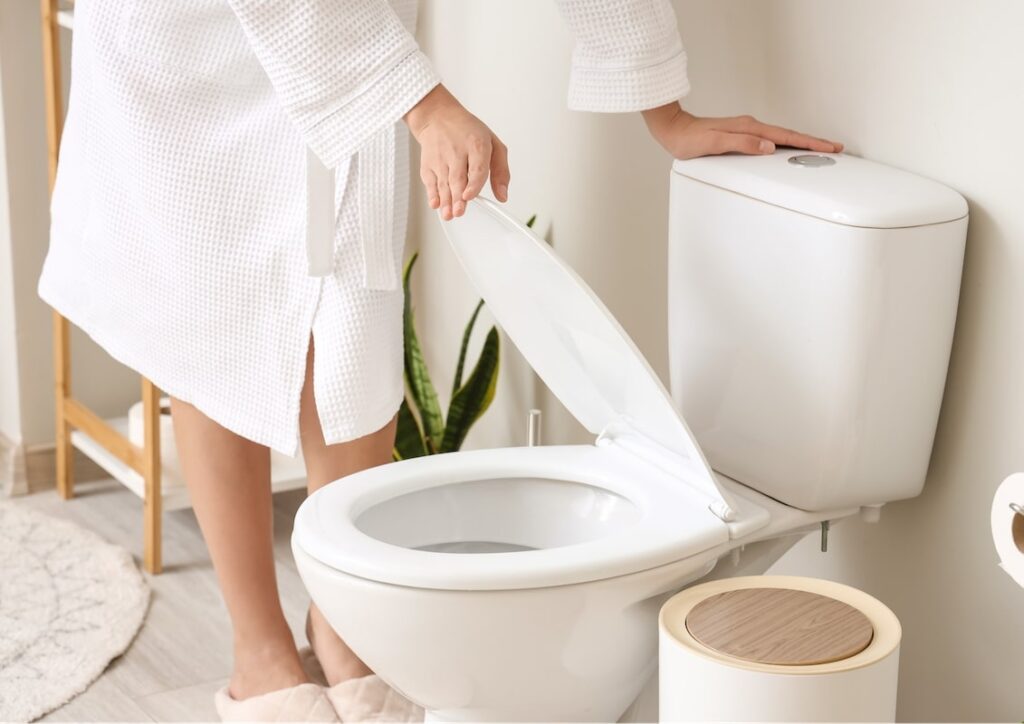
- Practise good bathroom habits: Go to the bathroom as soon as you feel the urge, to avoid straining and sitting on the toilet for too long.

Dr Thng Yongxian
Senior Consultant
HEPATOPANCREATOBILIARY & GENERAL SURGEON
MBBS (SG) • MMed (Surg) • MRCS (Ire) • FRCSEd (Gen) • FAMS (Surg)
Dr Thng Yongxian is a dual fellowship-trained Hepatopancreatobiliary & General Surgeon who has performed over 6000 surgical procedures.
- Bachelor of Medicine & Bachelor of Surgery
- National University of Singapore
- Membership of the Royal College of Surgeons, Ireland
- Master of Medicine, General Surgery, Singapore
- Fellow of the Royal College of Surgeons, Edinburgh
- Fellow of the Academy of Medicine, Singapore
He pursued his subspecialty training in Hepatopancreatobiliary surgery first in the Department of Hepatopancreatobiliary Surgery, Singapore General Hospital. Following this, he completed a clinical fellowship in Minimally Invasive Hepatopancreatobiliary Surgery at Seoul National University Hospital in Bundang, South Korea.
Dr Thng set up and pioneered the Minimally invasive surgery program for his hospital in complex liver and pancreas cases. His surgeries were featured on live national television. His surgical videos have also been presented at international surgical conferences. He also pioneered the use of capsule colonoscopy for colorectal screening.
Dr Thng has served on various committees at hospital, cluster and ministry level. Dr Thng served as a member of the Ministry of Health (MOH) Laparoscopic cholecystectomy Clinician workgroup for value-driven care (VDC).
Corporate & Personal Insurance Plans
Navigating the financial aspects of healthcare can be overwhelming. Allow us to assist you with your insurance claims, enabling you to concentrate on recovery & getting well. Our friendly clinic staff is here to answer any questions you have about insurance or payment options.
Nexus Surgical @ Mt. Alvernia
- 820 Thomson Road #06-05, Singapore 574623
- (65) 9838 5827
- (65) 9838 5827
-
Mondays to Fridays: 9.00am - 5.00pm
(Lunch: 1:00pm - 2:00pm)
Saturdays: 9.00am - 1.00pm
Sundays & PH: Closed
Nexus Surgical @ Mt. Elizabeth Orchard
- 3 Mount Elizabeth, #08-06, Singapore 228510
- (65) 9838 5827
- (65) 9838 5827
-
Mondays to Fridays: 9.00am - 5.00pm
(Lunch: 1:00pm - 2:00pm)
Saturdays: 9.00am - 1.00pm
Sundays & PH: Closed
Nexus Surgical @ Mt. Elizabeth Novena
- 38 Irrawaddy Road, #08-43, Singapore 329563
- (65) 9838 5827
- (65) 9838 5827
-
Mondays to Fridays: 9.00am - 5.00pm
(Lunch: 1:00pm - 2:00pm)
Saturdays: 9.00am - 1.00pm
Sundays & PH: Closed
Nexus Surgical @ Parkway East
- 319 Joo Chiat Place, #05-01, Singapore 427989
- (65) 9838 5827
- (65) 9838 5827
-
Mondays to Fridays: 9.00am - 5.00pm
(Lunch: 1:00pm - 2:00pm)
Saturday, Sunday & PH: Closed
Nexus Surgical @ Gleneagles Medical Centre
- 6 Napier Road, #05-10, Singapore 258499
- (65) 9838 5827
- (65) 9838 5827
-
Mondays to Fridays: 9.00am - 5.00pm
(Lunch: 1:00pm - 2:00pm)
Saturdays: 9.00am - 1.00pm
Sundays & PH: Closed
Nexus Surgical @ Mt. Alvernia
- 820 Thomson Road #06-05, Singapore 574623
- yongxian.thng@nexussurgical.sg
- (65) 9838 5827
- (65) 9838 5827
-
Mondays to Fridays: 9.00am - 5.00pm
(Lunch: 1:00pm - 2:00pm)
Saturdays: 9.00am - 1.00pm
Sundays & PH: Closed
Nexus Surgical @ Mt. Elizabeth Orchard
- 3 Mount Elizabeth, #08-06, Singapore 228510
- yongxian.thng@nexussurgical.sg
- (65) 9838 5827
- (65) 9838 5827
-
Mondays to Fridays: 9.00am - 5.00pm
(Lunch: 1:00pm - 2:00pm)
Saturdays: 9.00am - 1.00pm
Sundays & PH: Closed
Nexus Surgical @ Mt. Elizabeth Novena
- 38 Irrawaddy Road, #08-43, Singapore 329563
- yongxian.thng@nexussurgical.sg
- (65) 9838 5827
- (65) 9838 5827
-
Mondays to Fridays: 9.00am - 5.00pm
(Lunch: 1:00pm - 2:00pm)
Saturdays: 9.00am - 1.00pm
Sundays & PH: Closed
Nexus Surgical @ Parkway East
- 319 Joo Chiat Place, #05-01, Singapore 427989
- yongxian.thng@nexussurgical.sg
- (65) 9838 5827
- (65) 9838 5827
-
Mondays to Fridays: 9.00am - 5.00pm
(Lunch: 1:00pm - 2:00pm)
Saturday, Sunday & PH: Closed
Nexus Surgical @ Gleneagles Medical Centre
- 6 Napier Road, #05-10, Singapore 258499
- yongxian.thng@nexussurgical.sg
- (65) 9838 5827
- (65) 9838 5827
-
Mondays to Fridays: 9.00am - 5.00pm
(Lunch: 1:00pm - 2:00pm)
Saturdays: 9.00am - 1.00pm
Sundays & PH: Closed
Nexus Surgical @ Mt. Alvernia
- 820 Thomson Road #06-05, Singapore 574623
- yongxian.thng@nexussurgical.sg
- (65) 9838 5827
- (65) 9838 5827
-
Mondays to Fridays: 9.00am - 5.00pm
(Lunch: 1:00pm - 2:00pm)
Saturdays: 9.00am - 1.00pm
Sundays & PH: Closed
Nexus Surgical @ Mt. Elizabeth Orchard
- 3 Mount Elizabeth, #08-06, Singapore 228510
- yongxian.thng@nexussurgical.sg
- (65) 9838 5827
- (65) 9838 5827
-
Mondays to Fridays: 9.00am - 5.00pm
(Lunch: 1:00pm - 2:00pm)
Saturdays: 9.00am - 1.00pm
Sundays & PH: Closed
Nexus Surgical @ Mt. Elizabeth Novena
- 38 Irrawaddy Road, #08-43, Singapore 329563
- yongxian.thng@nexussurgical.sg
- (65) 9838 5827
- (65) 9838 5827
-
Mondays to Fridays: 9.00am - 5.00pm
(Lunch: 1:00pm - 2:00pm)
Saturdays: 9.00am - 1.00pm
Sundays & PH: Closed
Nexus Surgical @ Parkway East
- 319 Joo Chiat Place, #05-01, Singapore 427989
- yongxian.thng@nexussurgical.sg
- (65) 9838 5827
- (65) 9838 5827
-
Mondays to Fridays: 9.00am - 5.00pm
(Lunch: 1:00pm - 2:00pm)
Saturday, Sunday & PH: Closed
Nexus Surgical @ Gleneagles Medical Centre
- 6 Napier Road, #05-10, Singapore 258499
- yongxian.thng@nexussurgical.sg
- (65) 9838 5827
- (65) 9838 5827
-
Mondays to Fridays: 9.00am - 5.00pm
(Lunch: 1:00pm - 2:00pm)
Saturdays: 9.00am - 1.00pm
Sundays & PH: Closed
Need help navigating your health?
If you’re experiencing symptoms or want to understand your treatment options, contact us today.